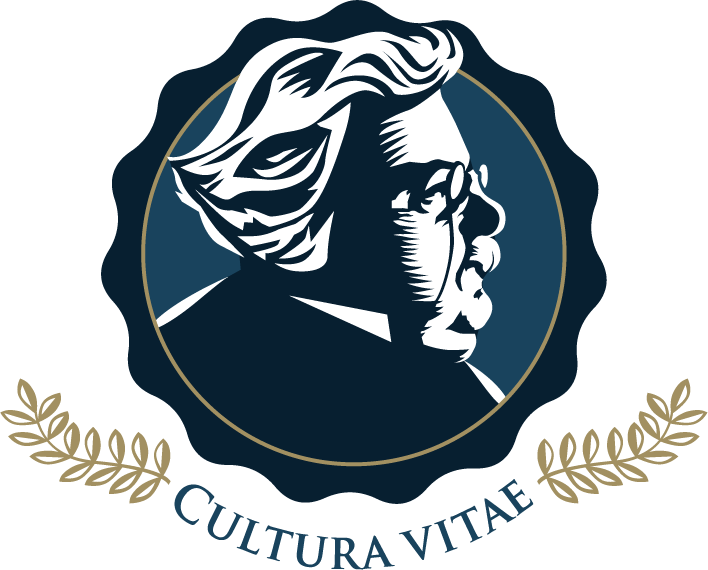Does a Classical, Liberal Arts education prepare students for the modern world & workforce?
Why do we send our children to school (or homeschool)? What is the purpose of education? Is it just to be trained for the workforce and make money? Or is there a deeper reason? To be sure, everyone should have the opportunity to provide for themselves and their family. Yet they don’t necessarily need to go to school for that. Throughout history, most people (mainly boys) were apprenticed in a trade, some as early as 8 years old, so that they could earn a living and raise a family. Going to school was, unfortunately, reserved for the upper classes who had the time, money and leisure for reflection and study. In this vein, the Ancient Greeks distinguished between the ‘Liberal Arts’ - those subjects suitable for free persons who would be leaders in society - and the ‘Servile Arts’ - or the crafts and skills necessary for slaves and lower classes in the workforce. Since the latter had to immediately work, they developed the physical attributes and skills needed for particular jobs, without concerning themselves with reading, writing, critical thinking or with questions about truth, justice, politics, virtue, or other topics not related to their work.
Setting aside the obvious cultural inequalities, the Greeks thought it obvious that those with the opportunity would want to develop the soul and its highest power, the intellect. Just as one grows and develops the body for working and making things, so should one develop and perfect the soul, by learning how to understand, think, and speak well. Hence, the study of Grammar, Logic, and Rhetoric became the pillars of the classical or ‘liberal arts’ tradition (liberal = free). Classically trained teachers engage students by asking questions and inspiring them with joy and wonder, guiding (literally ‘midwifing’) students to the truth of the matter through their own reflections and debate. Before the mid 20th century, it was only after having this foundation would students then study more “STEM” fields such as arithmetic, geometry, astronomy/science, and music, until finally studying philosophy and Theology, the queen of the sciences.
Today, thankfully, education is no longer for the wealthy, and everyone has (to varying degrees) access to the liberal arts. However, in a sad sort of irony, as our culture continues to get more free and education more available, it is moving away from the liberal arts to focus almost exclusively on the servile arts. For roughly 2500 years, people yearned for the opportunity to develop their intellect and reflect on the deeper questions of life, but today it seems, most schools continue to promote the servile arts (think STEM) and as a result, liberal arts are fading away at colleges and even at high schools around the country.
One obvious reason for this is the high price of college tuition. If one is going to pay such a high price, it is only reasonable to seek out a high-paying degree or field. Behind the slow demise of the liberal arts, many still labour under the impression that studying the liberal arts (such as English, Classics, or Philosophy) in college is a waste of money since it will not lead to a high paying job. Some even think that the only thing one can do with a classical education is become a poor teacher and struggle to pay back student loans! In reality, amid a surge in STEM degrees, there is HUGE demand for people with a liberal arts background in the business world. Students steeped in socratic seminars slide seamlessly from the classroom to the boardroom. They also shine among their peers and quickly earn promotions. Their experience in reading, analyzing, and debating issues from a great book enables them to understand a client’s needs, think critically about solutions, and speak persuasively to win their business. This is just one reason why Liberal Arts colleges and Classical high schools are thriving around the country.
To be clear, technical skills and vocational training are absolutely necessary, and I am very glad for people with those skills, especially when I get sick or need help with my website. Chesterton Academies and most classical schools actually have stronger science and math programs than other schools since students are able to understand the theory behind the equations and come to see the physical world in the awe-inspiring reality of creation; and not just as matter to be exploited. My point is that training in these subjects should come later, after one receives a foundation in the liberal arts; after they learn how to be a fully functioning human being who has experienced the joy of learning and whose heart is set on fire to seek wisdom, truth, goodness, and beauty. As more and more high schools seek to follow the universities by focusing on STEM and the job-training ‘servile arts,’ the Chesterton Academy of St. Philip Neri is pleased to lead with wonder and joy, preparing students not just for college or the workforce, but to become well-rounded men and women eager to become saints and serve the Lord in an ever-changing business world.
We hope you will consider joining us for the fall of 2022 when we open the High School! Our online application will be live starting September 1st! Please spread the word!
St. Philip Neri, pray for us!
In Christ,
Dr. Luke Murray
